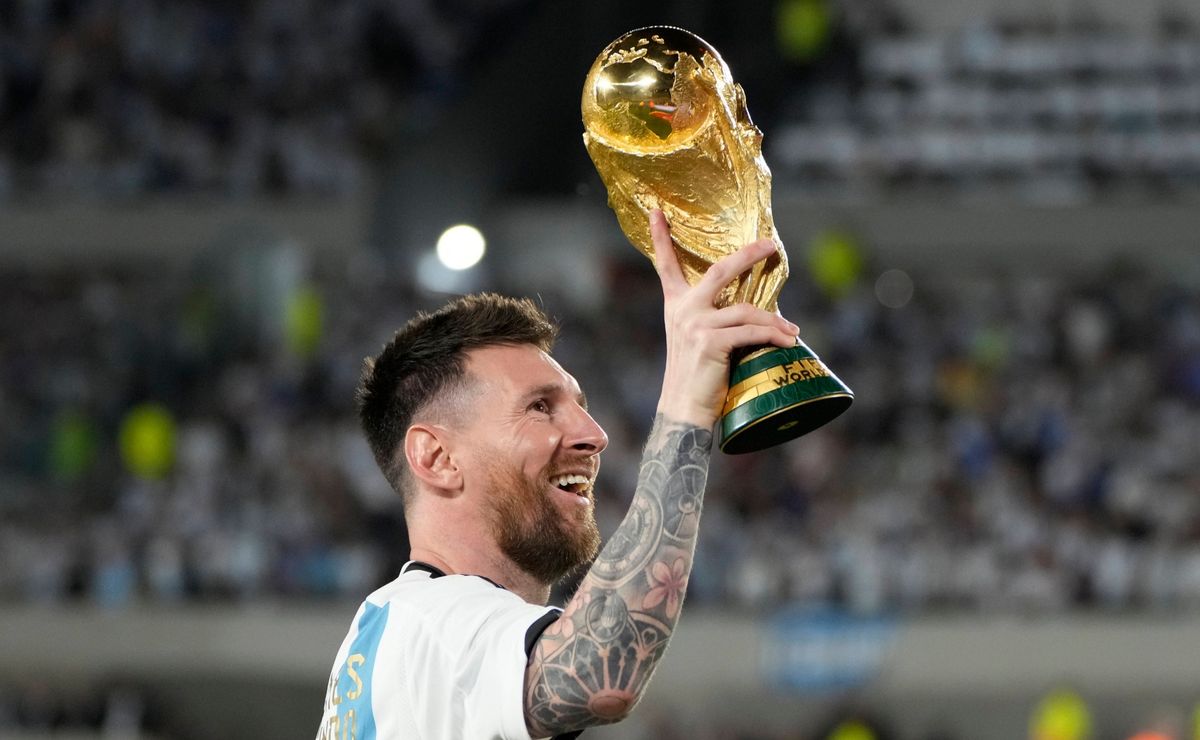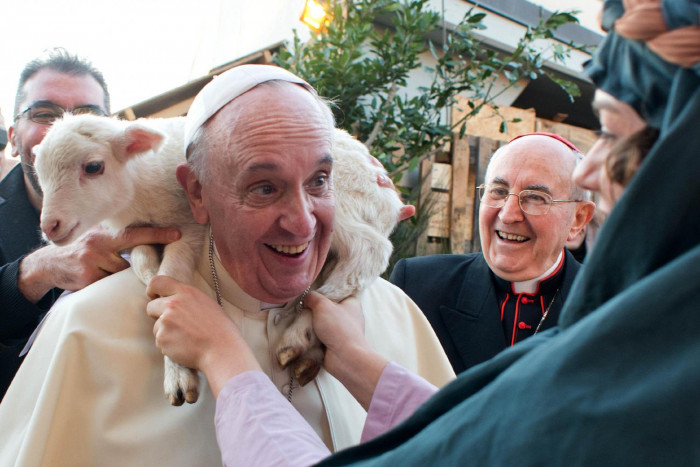
The FIFA World Cup: A Dream Deferred for Some Nations.
The FIFA World Cup is the pinnacle of international soccer, with nations around the world dreaming of participation. However, qualification is not the only hurdle—some countries have been outright banned from competing due to violations of FIFA regulations.
Participating in the FIFA World Cup is a dream for many countries, representing a chance to showcase their talent on a global stage. However, this opportunity comes with strict regulations set by FIFA to ensure fair play and ethical conduct. When countries fail to meet these standards, they risk being banned from participating in the tournament, regardless of their on-field capabilities. This raises questions about the balance between sporting excellence and ethical responsibility in international competitions.
One notable example is the case of Kuwait, which was banned from participating in the 2018 FIFA World Cup qualifiers due to government interference in the country’s football association. Despite having a strong footballing tradition, Kuwait’s ban served as a harsh reminder of the consequences of political interference in sports. On the other hand, such actions by FIFA also demonstrate their commitment to upholding the integrity of the game and ensuring that all participating countries adhere to the same set of rules.
Ethical considerations play a crucial role in determining which countries are allowed to compete in the FIFA World Cup. While some may argue that banning countries for violations of FIFA regulations is necessary to maintain the integrity of the tournament, others may view it as a harsh punishment that deprives athletes of the opportunity to represent their nation on the world stage. As FIFA continues to enforce these regulations, it is essential for countries to prioritize ethical conduct in their football associations to avoid being excluded from future competitions.
In conclusion, the issue of countries being banned from the FIFA World Cup highlights the complex relationship between sports, politics, and ethics. While the ultimate goal is to ensure fair play and uphold the values of the game, the process of enforcing these regulations can have far-reaching implications for both the countries involved and the broader footballing community. As fans around the world eagerly await the next edition of the tournament, it is crucial for all nations to reflect on their responsibilities and commitments to ethical conduct in sports.
Source: Worldsoccertalk.com.
Author: Martina Alcheva.
https://worldsoccertalk.com/news/17-national-teams-banned-from-fifa-world-cups-three-set-to-miss-2026-edition/.
2025-02-18T22:06:12Z.




Leave a Reply